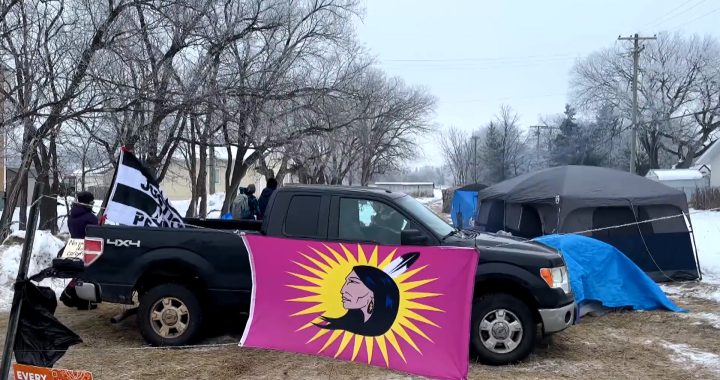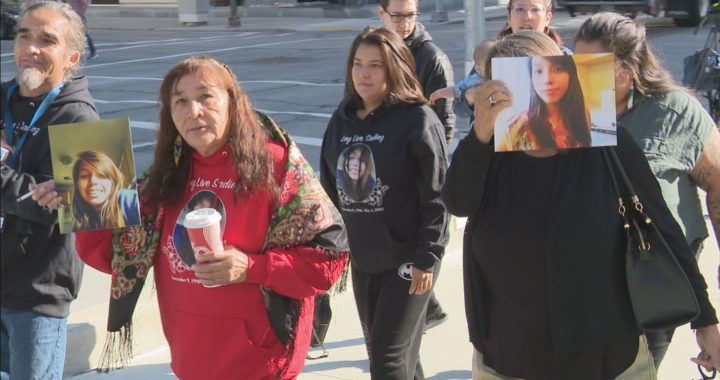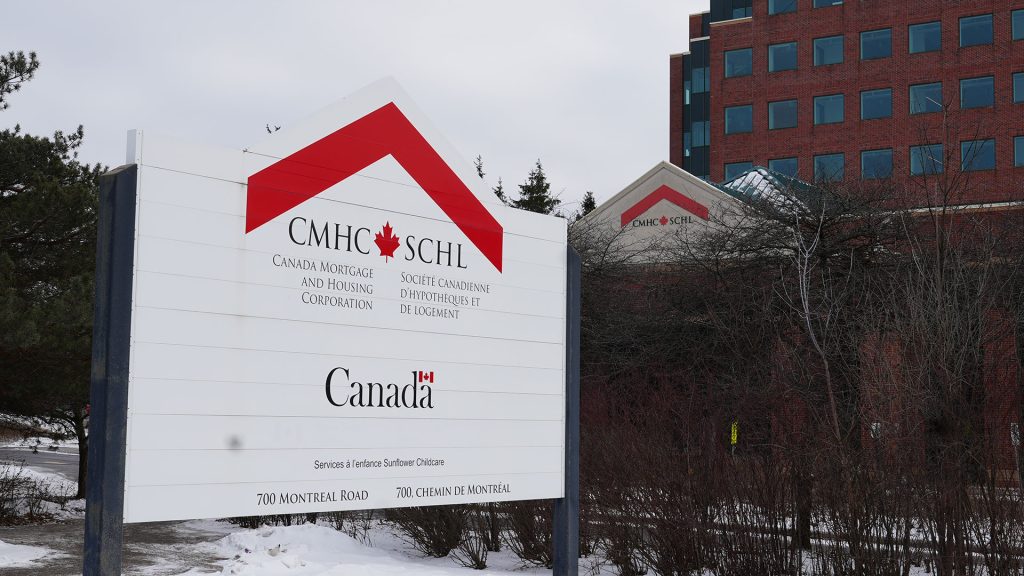
First Nations outside Alberta, Saskatchewan and Manitoba can expect a “significant” decrease in their housing allowance once a new funding formula is negotiated between Canada Mortgage and Housing (CMHC), Indigenous Services Canada (ISC) and the Assembly of First Nations (AFN), documents obtained by APTN News show.
“Use of the updated Census figures will result in regions receiving their proportional share of S.95 [federal government program] funding,” said a memo to former housing minister Sean Fraser from the CMHC.
“This means provinces of Manitoba, Saskatchewan and Alberta, where populations have increased, will receive a significant funding increase, and the provinces of Quebec, Ontario, British Columbia and the Atlantic region, where populations have decreased, will experience a significant funding decrease.”
The CMHC is a federal agency responsible for, among other things, allocating money to First Nations for housing and renovations.
The formula it uses for housing relies on an agreement signed in 2005 with the AFN and the predecessor to ISC – Indigenous and Northern Affairs Canada (INAC).
It uses census data from 2001 to help bureaucrats come up for a dollar figure for each First Nations’ housing needs.
But according to documents obtained under Canada’s Access to Information law, the data has not been “updated since [its] introduction.” It also hasn’t accounted for population changes in various First Nations on the Prairies which should have seen more housing money over this time period.
Auditor general report
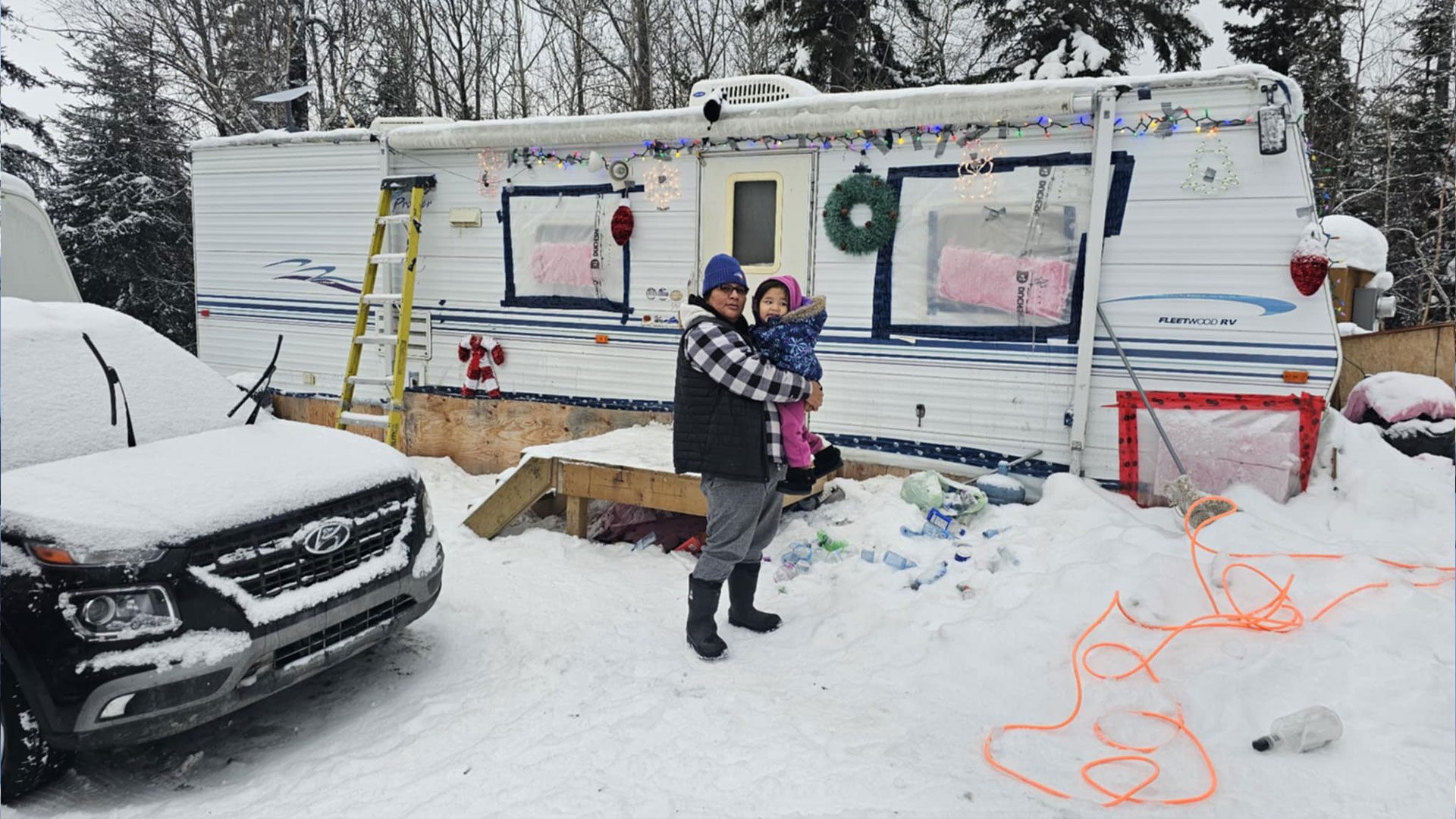
In March 2024, Auditor General Karen Hogan chastised the federal government and CMHC for “hopelessly falling behind” in funding First Nations housing on reserve.
Her report found that because CMHC relied on data from the 2001 Census, the effect of not updating the information “resulted in First Nations in Alberta, Saskatchewan, and Manitoba being significantly underfunded and therefore not receiving their equitable share of funding.”
Between 2008 and 2023, Alberta was underfunded by $141 million, Saskatchewan by $72.92 million and Manitoba by $60 million, according to the AG’s report, for a total of $274 million.
Hogan reported that First Nations other than those on the Prairies, were “overfunded” by the CMHC.
Atlantic Canada was overfunded by $15 million, Quebec by $43.8 million, Ontario $141 million and British Columbia $76.8 million. It’s not clear if these are the amounts each region will lose when the formula is renegotiated.
Housing in Yukon and Northwest Territories is not mentioned in the document.
The CMHC said it won’t change the formula or the agreement without input from ISC and the AFN because it “wanted to ensure that the impact of the census update was well-understood internally before proceeding,” said the memo to Fraser’s office.
The CMHC also said it “will not, in the spirit of reconciliation, unilaterally change the formula.”
“Adjusting the national allocation is not a simple exercise of updating census data in the formula; the entire formula will need to be revisited, renegotiated and revised in the agreement with our partners,” the documents said.
APTN asked both ISC and CMHC if any negotiations are scheduled to update the 2005 agreement.
CMHC said it can confirm that it “raised this matter with AFN and ISC. Work is ongoing to meet the public commitment that CMHC made in response to the Auditor General’s recommendation on this matter.”
The CMHC didn’t clarify whether any meetings have taken place since the auditor general’s report was released in March.
Kelsey Jocko, chief of Cold Lake First Nation in Alberta that needs 300 homes, feels using old data is “a big problem.”
“How can the government let this happen?” he asked. “You know, it’s under their watch. It’s just totally wrong. I believe we should be compensated. That’s a lot of money.”
But according to the documents, compensation is unlikely.
“The amount of money is fixed regardless of how census inputs are adjusted up and down – so a gain for one region would equate to a loss for another,” said an email written by a policy analyst. “Without additional funding, CMHC’s ability to provide retroactive compensation to the underfunded region is extremely limited.”
In April, while on a stop in Winnipeg, APTN News asked Trudeau whether compensation was possible. He didn’t answer the question.
“We’re going to continue to work with Indigenous communities right across the country to meet the tremendous housing needs,” Trudeau said.
Two-year pilot project
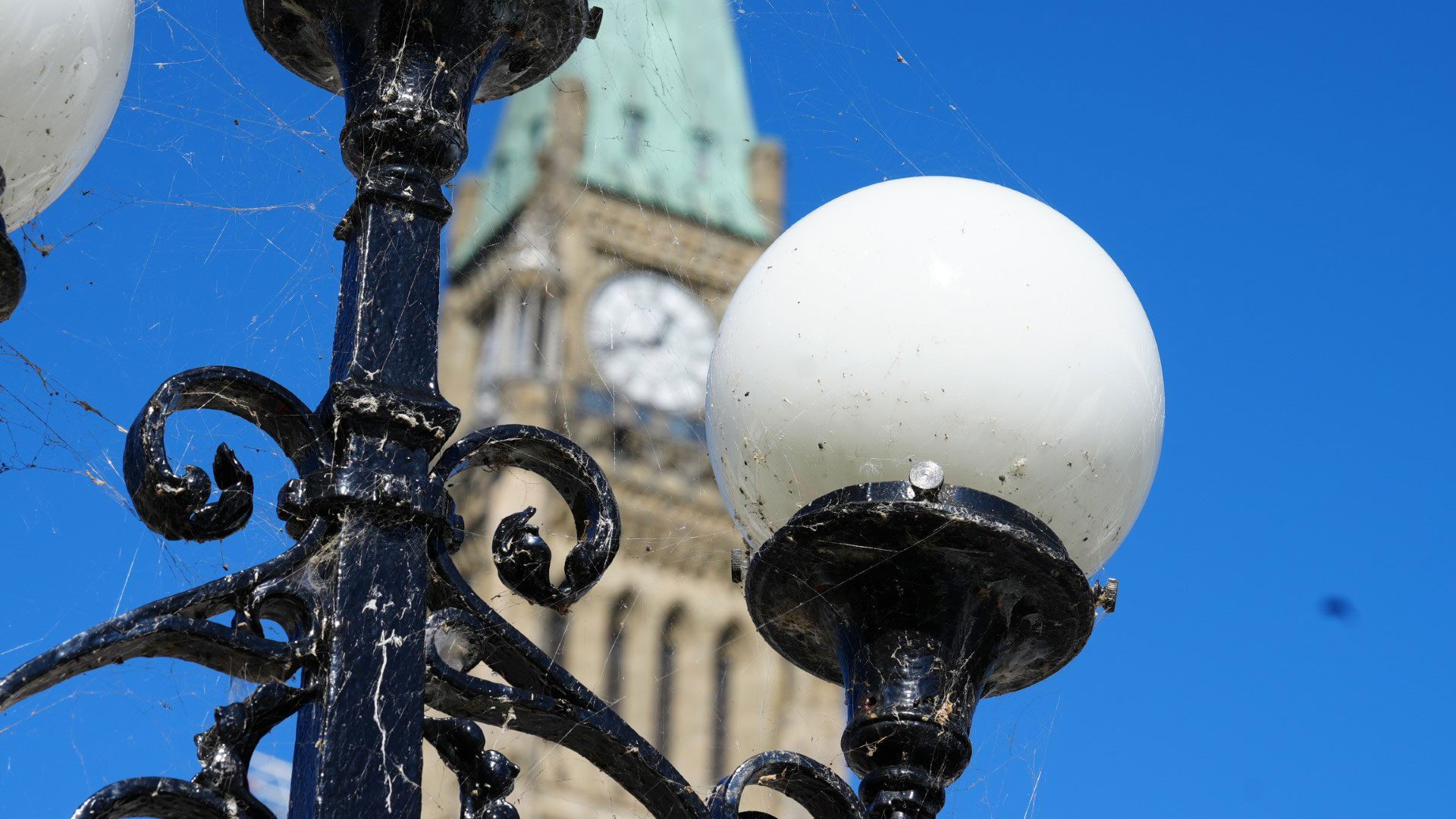
According to a 2018 briefing note from the CMHC documents, the agreement between the agency, INAC and the AFN was signed after “extensive consultation” between the partners.
The agreement was supposed to be a two-year pilot project that covered 2005 to 2007.
The briefing note acknowledged that “neither the formula nor the data was ever updated even though new survey results [Census] were rolled out in 2006, 2011 and more recently in 2017.”
“This went largely unnoticed because there has been consistent and increased funding from CMHC for on-reserve housing programs over the years to give the perception the allocation formula was changing. In actuality, the proportional share each province received remained the same, and only the dollar amount had changed or generally increased.
“Going forward, the availability of better data should be used to update the allocation model.”
In response to the AG’s report, the CMCH said it’s aiming to have a new funding formula in place by the end of 2025. According to the documents, the new formula won’t be available for practical use until the spring of 2026.
Housing needs in First Nations
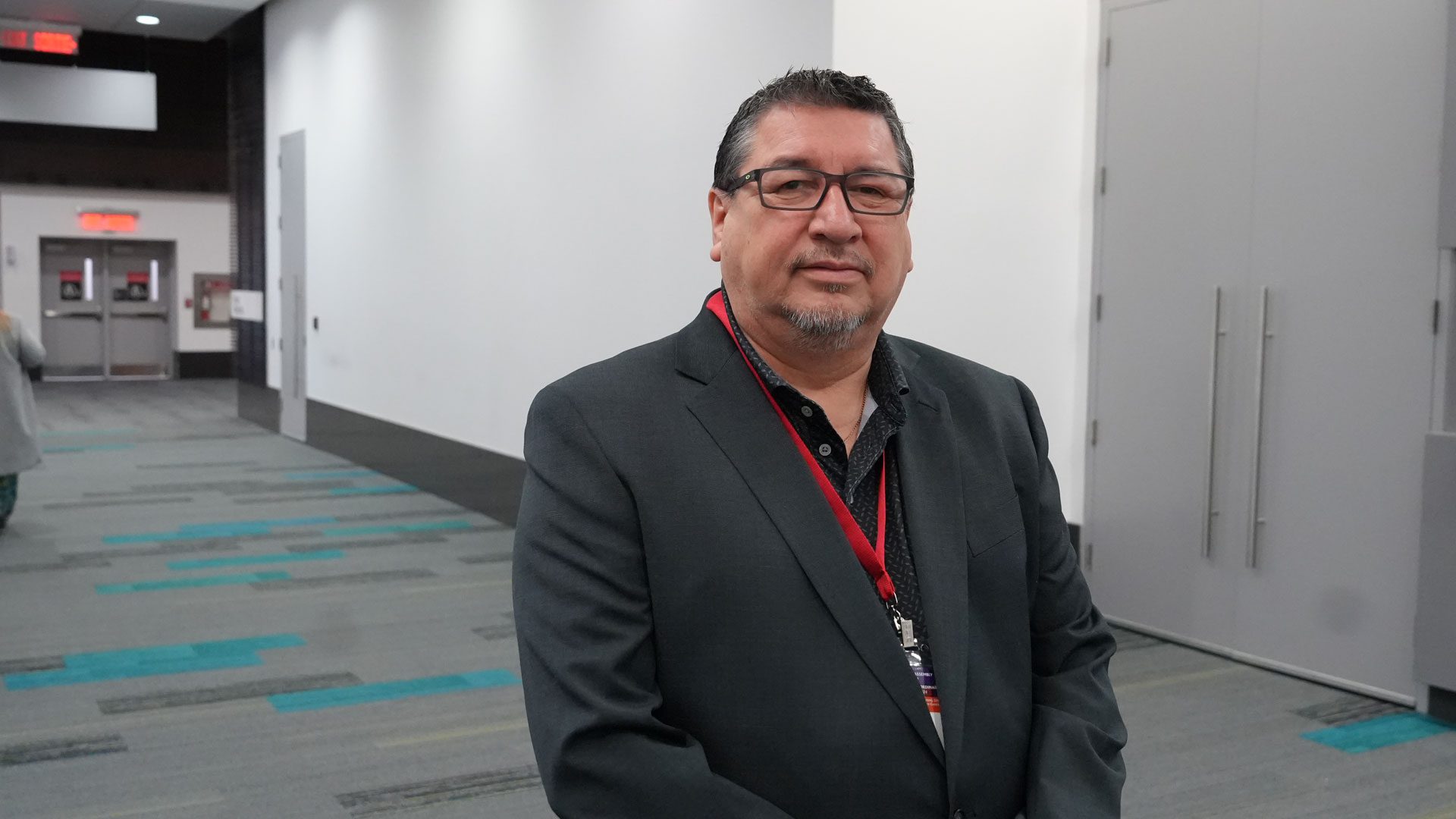
In 2021, Prime Minister Justin Trudeau told his minister of Indigenous Services, among other things, “closing the infrastructure gap by 2030, with a focus on building sustainable and affordable housing” for First Nations was a priority.
With just five years to go before that deadline arrives, the government is nowhere close to meeting that target according to the auditor general.
According to a report published by the AFN, an organization that represents First Nations across the country on a federal level, First Nations are in need of 157,453 new homes to address the ongoing housing crisis at a cost of $135.1 billion.
The AFN said in the 2024 report that the housing situation is so dire, 68 per cent of people who use shelters on the Prairies are First Nations or Indigenous people.
David Monias, chief of Cross Lake First Nation in Manitoba, told APTN his community currently needs between 1,500 and 1,700 homes.
He said red tape limits what his community can do in a timely manner and he’d like to see CMHC taken out of the picture altogether and the money shared directly with communities.
“I know exactly who is staying and where in my community. In what house. How many people are staying there. How many children are staying there. How many families are staying [there],” Monias told APTN. “We have up to three families staying in one house and the houses have a wear and tear. That’s Increased by about 10 times. How many times do you open a door? How many times can that hinge stand out opening and the door?
“So many people there; the flooring in one of our houses, you can see the tracks where people meet on the hallway. So many people living in there and then the tracks in the hall from the people walking. There’s so much overcrowding.”
The federal government has invested $6.7 billion into Indigenous housing since 2015.
The documents suggest that while the CMHC never changed the formula, it did raise ” the issue several years ago” with its partners ISC and the AFN.
“Despite historical agreement, ISC raised the importance of being consistent in our approach and use of census data. As recommended by the OAG [Office of the Auditor General], updated census data should be used. That said, CMHC will require a strong and proactive workplan with [redacted].
According to graphs included in the documents, CMHC said an updated formula could mean a total of 308 homes across the Prairies each year.






